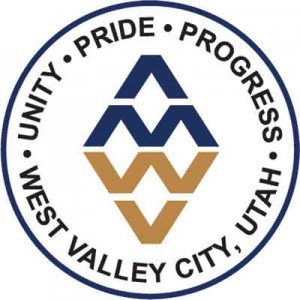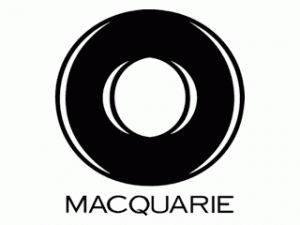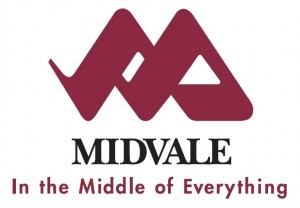It’s not very surprising to see Royce Van Tassell attack UTOPIA and its proposed deal with Macquarie. He is, after all, vice president of the Utah Taxpayers Association, a group that receives contributions from Comcast and CenturyLink. It is surprising, though, to see him make up his own facts and numbers. A fair look shows that the deal is much better than Macquarie is willing to say out loud.
A lot of hay has been made over the requirement in the deal to have the utility fee rise with CPI. The criticisms, however, assume that the cost to provide service and the revenues from subscribers are both static. Why is it a reasonable assumption that neither of these things will also rise with inflation? It isn’t, so inflation is entirely a non-argument.
Royce also gets some very basic facts wrong about the deal. This covers 163K addresses, not 157K. Macquarie has stated clearly that the utility fee will include network refreshes every seven years at a cost of about $60M each time, but he’s claiming that it’s not included and that equipment refreshes will happen as often as every three years. Royce claims that upgrades will be incredibly expensive, yet 100Mbps electronics from 10 years ago were more expensive than 1Gbps electronics are today. There are so many errors of fact in his op-ed that it’s hard to take any of his conclusions seriously.
And so let me break down the very simple math of how the deal works and what it will actually cost subscribers.
Let’s take a worst case-scenario first. Assuming a take rate of only 30% and a utility fee of $20, the total cost of the Macquarie deal will be $1173.6M while revenues are estimated to be $1000M. Less $500M to pay for the existing bond obligations, you’re looking at a total cost over 30 years of $673.6M or an effective utility fee of $11.48 per month per address. That’s a lot less than the stated fee.
But what about the best case scenario? That’s assuming a take rate of 50% and a utility fee of $18. This brings the total cost to $1056.2M and total revenues to $1500M. Less the $500M for existing bond obligations, you’re looking at $56.2M over 30 years or a scant $0.96 per month per address. It’s pretty hard to get upset over a fee that small.
So really, it all depends on the take rate. The question is what take rate we can reasonably expect. Brigham City got a 28% take rate with a $3000 installation charge, but Macquarie will eliminate it. Provo managed to keep 35% despite having disastrously bad providers like MSTAR and Broadweave, but Macquarie has well-respected ISPs like XMission, Veracity, and many other local companies. If Macquarie achieves this take rate, the cities hit the “wash” point where their costs are the same whether or not they opt to go with the deal. That point is about at a 38% take rate. I’d like to think just about anyone can do 3% better than Provo.
Even at the point where the deal is a wash financially, cities still get a completed network with an included basic level of service for every resident. Comcast and CenturyLink will slash their prices substantially in response to the competition (at least 50% in Provo) so that every citizen benefits regardless of if they use the network. Even for someone with a very basic Internet connection that wouldn’t use the network, they would be paying no more than $11.48 to potentially save at least $15, a net gain. The cities also get a $100M annual revenue stream at the end of the 30-year contract, effectively making the worst case scenario break even after less than seven years of ownership.
Given the very easily attainable goals and the high likelihood of reaching them, it would be ridiculous for cities to not move forward with negotiations under Milestone Two. Or to listen to a naysayer like Mr. Van Tassell that’s paid to say the things he says.
![]() Layton joins Midvale and West Valley City in voting yes to move forward with getting final details of Macquarie’s proposal under Milestone Two, the third city in a row to do so. For those keeping score, this means that all of the cities who have voted on the proposal have chosen to get more details. Given that there’s
Layton joins Midvale and West Valley City in voting yes to move forward with getting final details of Macquarie’s proposal under Milestone Two, the third city in a row to do so. For those keeping score, this means that all of the cities who have voted on the proposal have chosen to get more details. Given that there’s 







